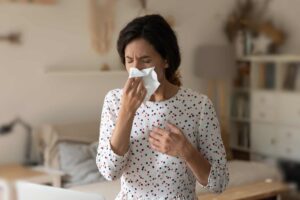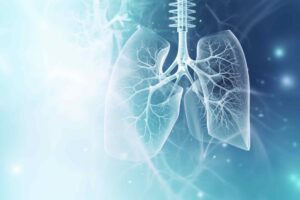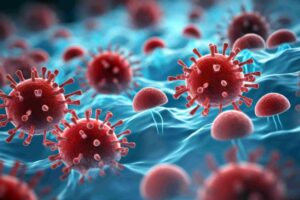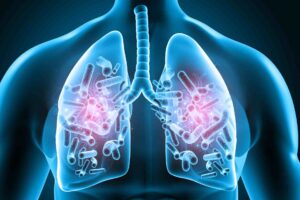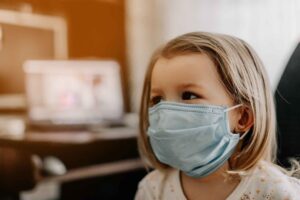airway microbiota
Otolaryngology, Pneumology
The findings suggest that the development and maturation of the nasal microbiota are influenced by age and sex, while lifestyle factors shape the throat microbiota.
Video, Events
Aran Singanayagam, research group leader at Imperial College London (UK), examined how disturbances in the airway microbiome are instrumental in the development of chronic lung diseases.
Industry
The two companies will work on identifying, analyzing, and understanding respiratory tract microbiome systems.
Neuroscience, Pneumology
By suggesting that the bacteria detected in the brain after severe pneumonia originate from the lungs, the findings shed light onto the mechanisms of pneumonia-induced neurological conditions.
Otolaryngology, Pneumology
The findings of a recent study suggest that, during SARS-CoV-2 infection, some bacteria in the upper airways’ microbiota may be associated with a person’s disease progression to intubation.
Pneumology
The findings suggest that the interplay between the respiratory tract microbiota, the levels of bacterial pathogens and specific clinical interventions is a key factor in determining the outcome of bacterial…
Pneumology
Airway dysbiosis was associated with a lung function decline in COPD patients and it might contribute to this phenotype through metabolic interaction with host pathophysiological processes.
Pediatrics
Moraxella may be involved in protecting children from COVID-19 infections through its action on amino acid and lipid metabolism in the upper respiratory tract.
Pneumology
COVID-19 alters the local immunity of the lung in ways that weaken the body’s antimicrobial defense and facilitate the development of secondary infections.
Gastroenterology, Pneumology
The findings of a new research suggest that changes in the microbial composition of people with COVID-19 could be used as a biomarker of invasion of lung pathogens and dysbiosis…
